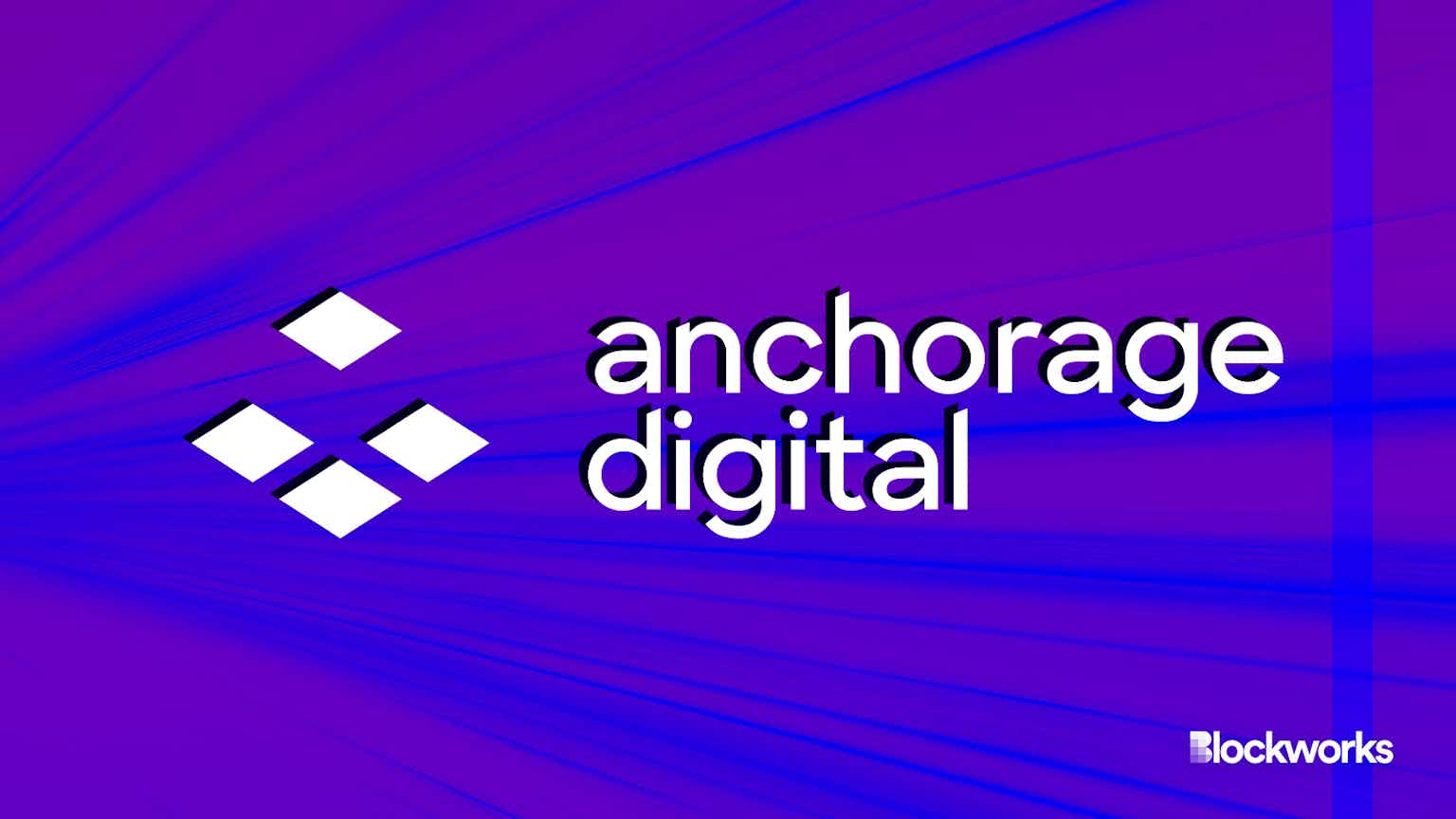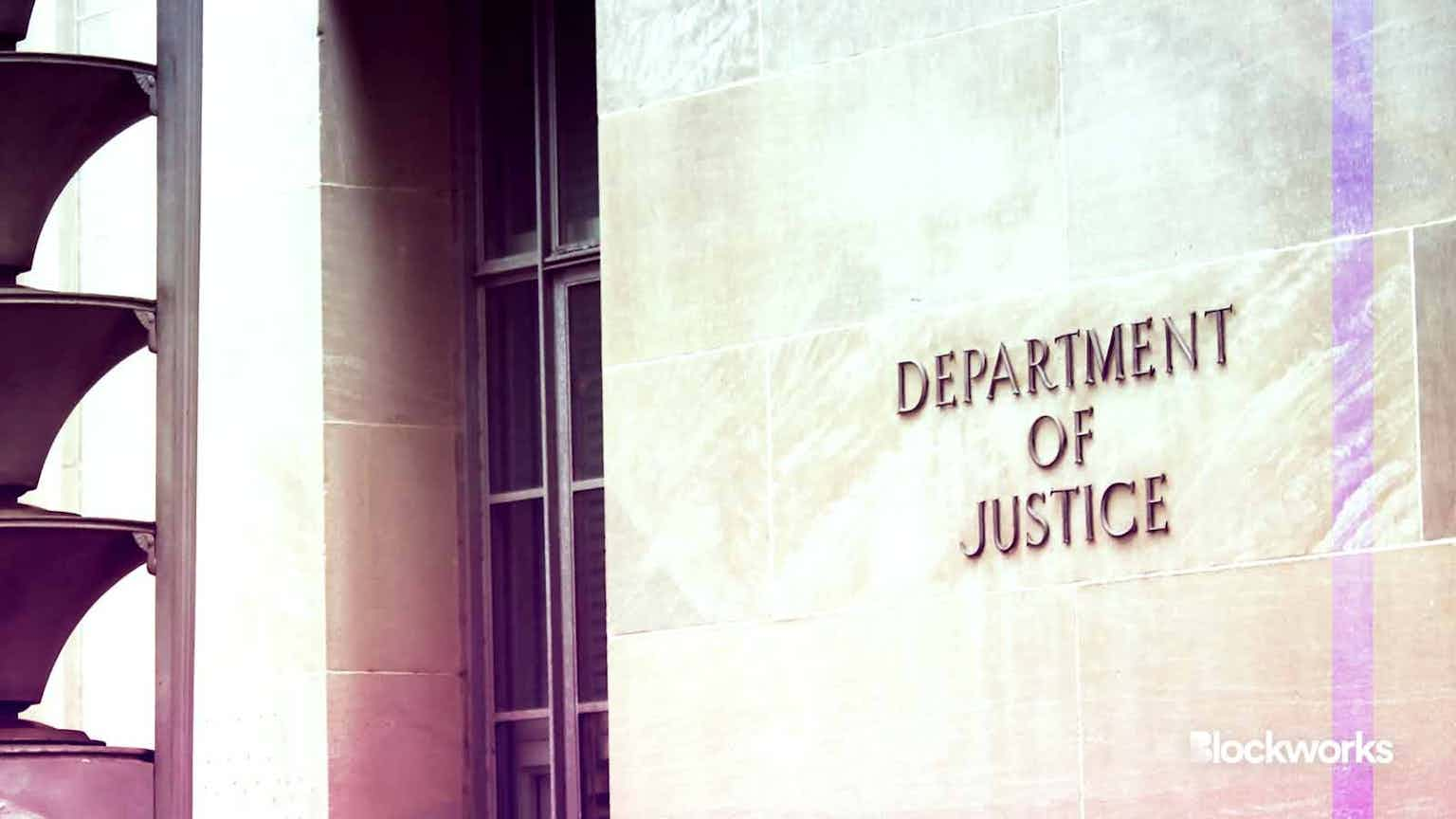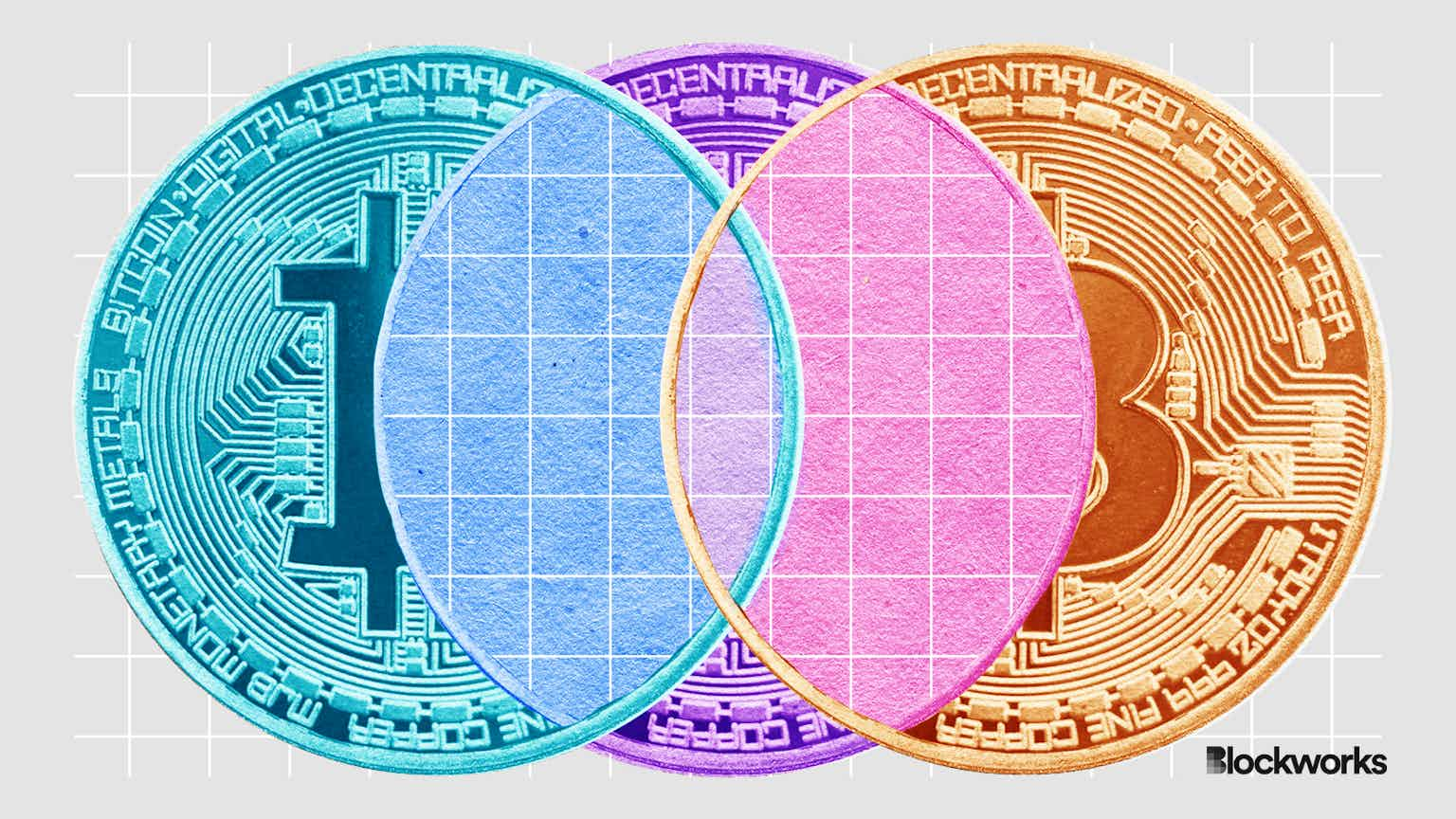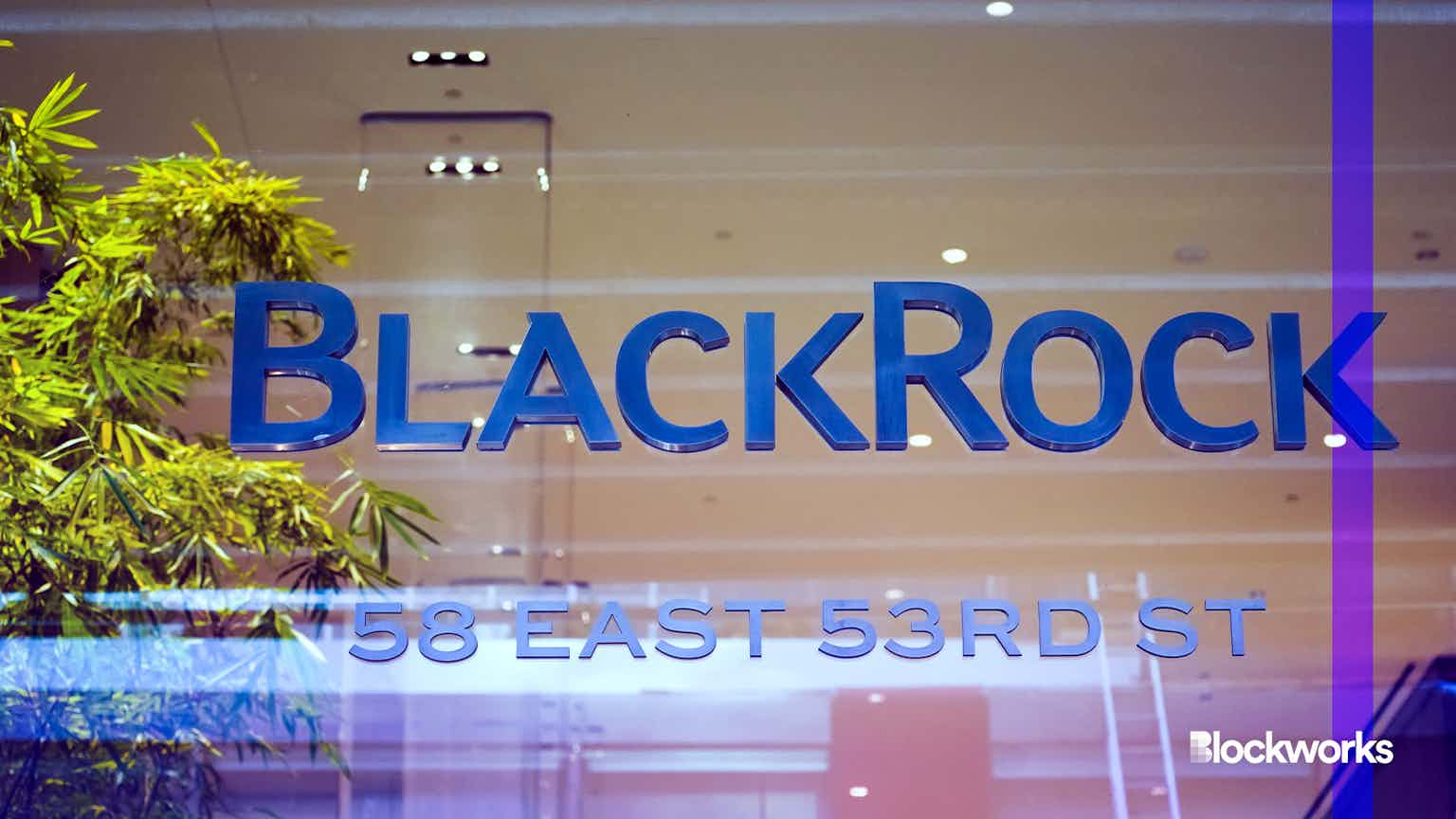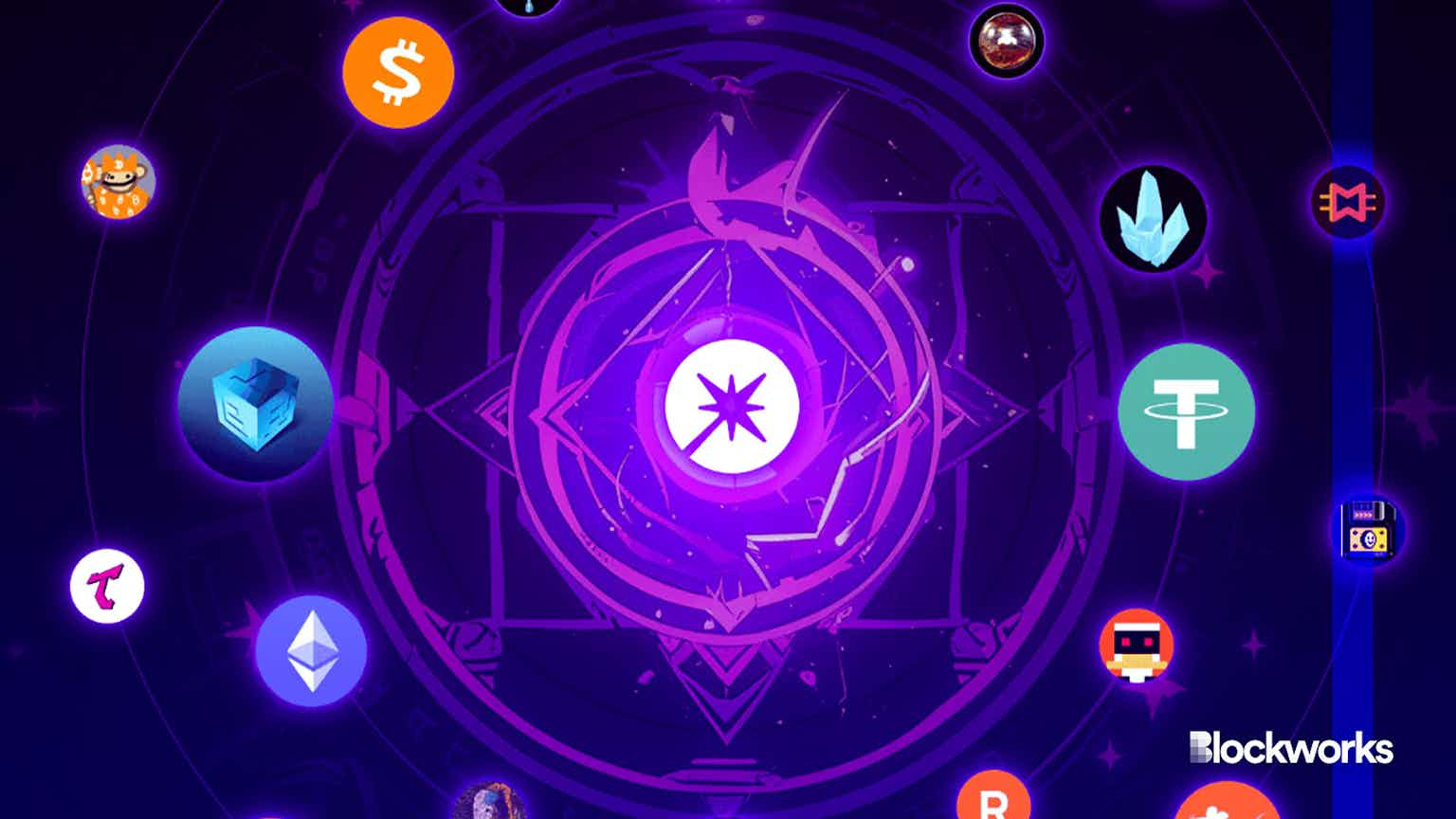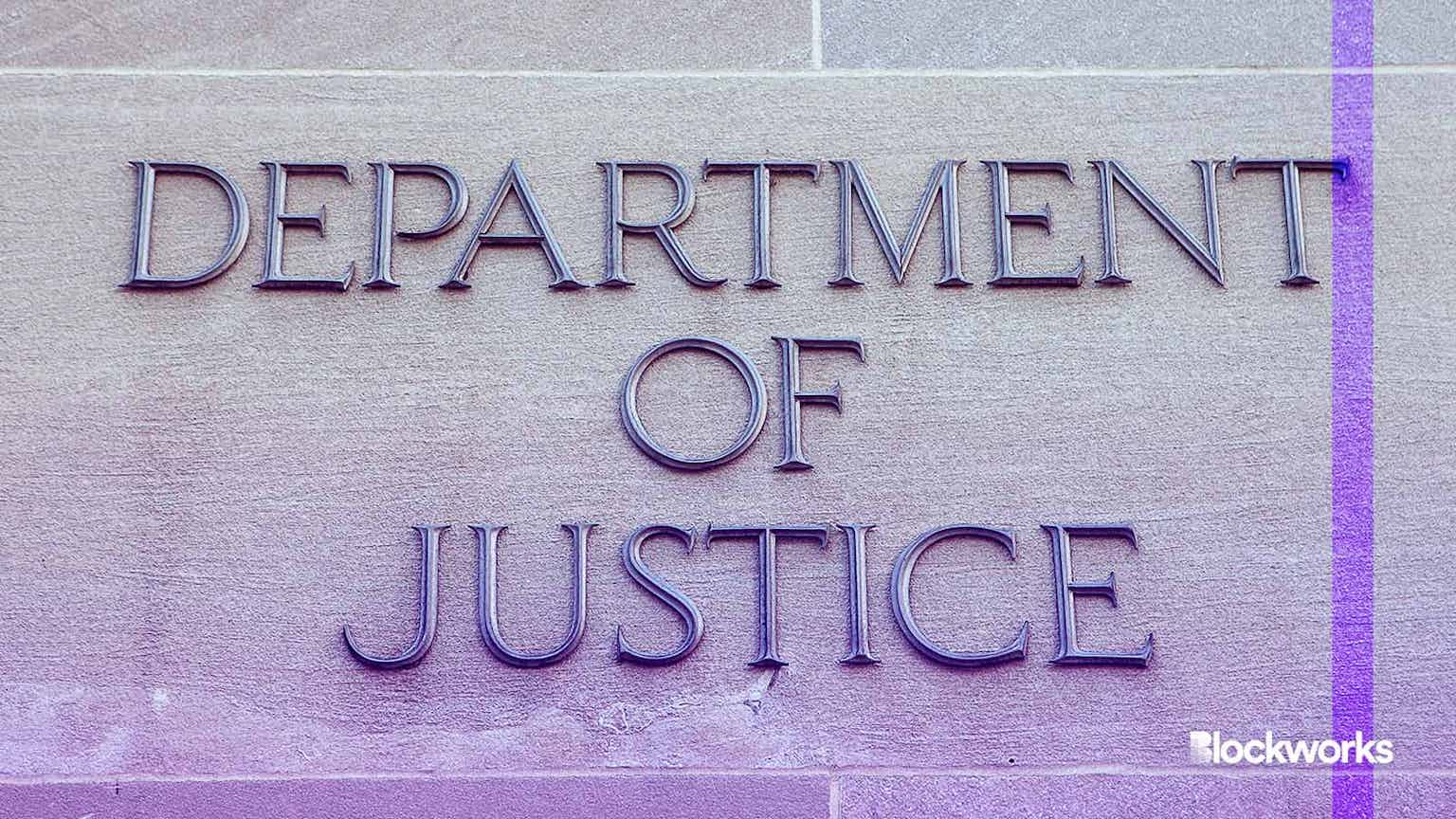Barbarians Are at Grayscale’s Gates. Can They Take Over GBTC?
News analysis: Takeover attempts of Grayscale’s embattled bitcoin trust are mounting, but what’re the odds?
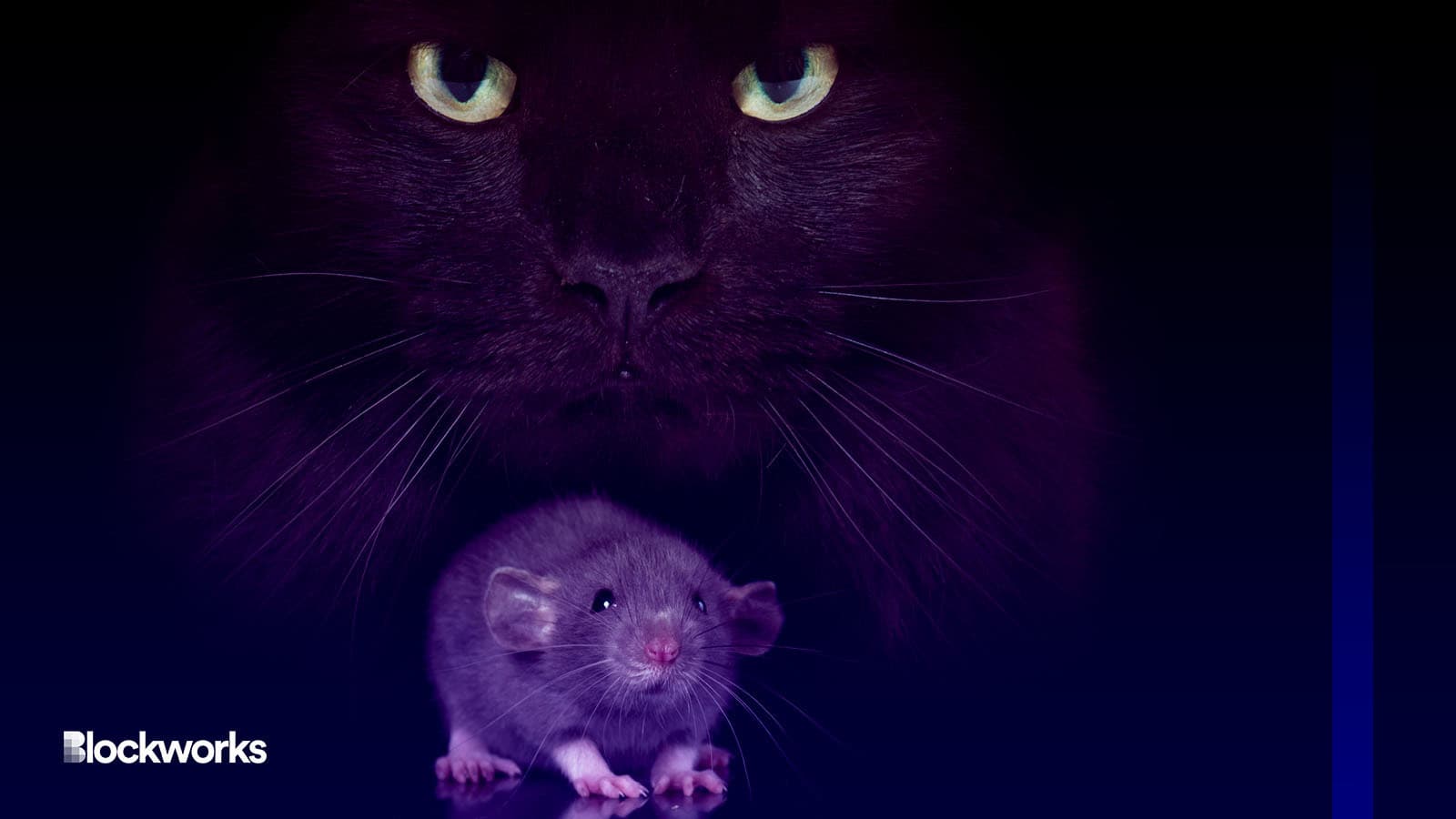
Cynoclub/Shutterstock modified by Blockworks
With no liquidity solutions in the cards, buyers of Grayscale Investment’s distressed bitcoin trust are on the offensive, entrenching themselves for a long legal tussle.
The game plan: Gather a critical mass of irate GBTC investors to ratchet up standing public pressure against Grayscale, as well as its parent company, crypto conglomerate Digital Currency Group (DCG).
The stopgap: Grayscale introduces liquidity mechanisms (yesterday, ideally) the firm does not favor.
The nuclear option: Oust the DCG portfolio company from its mandate as investment manager of the $10.7 billion bitcoin trust.
The wild card: DCG’s own financial straits. The digital assets holding company, led by CEO Barry Silbert, is said to owe about $1.7 billion via a purported outstanding loan related to one of its portfolio companies, Genesis (the crypto lender with its own troubles).
Industry participants have been parsing the possibility of DCG itself going under in recent days, trying to determine what that might mean for Grayscale, Genesis and its sprawling assortment of other entities.
A representative for DCG did not immediately have a comment.
GBTC’s salvation plan is spearheaded by a loose collective of cryptoasset managers, TradFi types with skin in the game and a grassroots effort undertaken by bitcoin maximalists under the mantra “free the bitcoin.”
Valkyrie Investments is the standoff’s latest entrant.
In a letter penned by Valkyrie CEO Steven McClurg, the digital assets investor — which operates its own, leagues smaller bitcoin trust — fired a (long) shot against Grayscale’s bow.
The nuclear option
McClurg proposed that Valkyrie, which has about $200 million in assets under management, should take over GBTC. A number of institutional crypto trading sources told Blockworks the bold endeavor is a hopeless one, considering Grayscale’s “airtight” legal documents that govern how GBTC functions — and who oversees its operations.
“We actually got approached by [GBTC] shareholders to say, ‘Hey, what would it look like if we just tried?…And, as we were talking to other activists and other shareholders, they said, ‘Well, what would it look like if we all voted to have a change of control?” McClurg told Blockworks.
The Valkyrie head is cognizant of the optics. But here’s what crypto’s quick dismissers don’t grasp: the background of McClurg and his team when it comes to navigating the complex inner-workings of closed-ended investment products. And the difficulty, for Grayscale, of warding off grizzled TradFi types with credentials honed in the cutthroat world of activism.
McClurg spent about seven years at TradFi behemoth Guggenheim Partners, where he (along with current Valkyrie staffers) were successful in converting a closed-end vehicle that (like GBTC) was not meeting its investment mandate into an open-ended one.
The goal then was the Wall Street equivalent of the one scores of GBTC owners have now: introduce liquidity, giving those who want out the means to redeem.
GBTC is a closed-ended entity, despite its occasional branding as an open-ended private trust. What does that mean, and how does that work?
GBTC hit the market in 2013 (under a different moniker) as one of crypto’s earliest institutional offerings. It’s now, by far, the largest.
The pitch then was essentially the same: Institutional investors (GBTC’s minimum is now $50,000) fork over fiat to Grayscale; Grayscale employs the funds to snap up bitcoins (and custodies them); the trust tracks the price of bitcoin via a CoinDesk index; and Grayscale imposes a cut in exchange for administering low-risk, synthetic bitcoin exposures.
Closed-ended funds generally issue a finite number of shares. Those stakes can change hands via brokerages, typically via the secondary market (commonly called over the counter). Post-launch, there typically are zero additional shares issued, intentionally preventing fresh funding from flowing in. And the manager usually does not buy back any of them.
With GBTC, new shares are issued when investors buy in, and a corresponding amount of bitcoin is purchased by Grayscale to prevent dilution. The vehicle technically offers daily subscriptions.
But here’s the thing: only “technically” — because GBTC is closed to new private placements and has been for some time. Why? It depends who you ask. If you ask me, I’d ask you: “What kind of savvy and serious investor with institutional cash would want to buy the damn thing right now?”
There are no redemptions, and there have not been since the mid-2010s, before Grayscale first registered the trust with the SEC via a Form D, a requisite for commingled funds offering private placements of regulated securities.
Valkyrie has an obvious incentive here: If the Nashville, Tenn., crypto investment manager can whip up enough of a frenzy among GBTC investors, those investors might decide to come along for the ride in the firm’s new opportunistic fund. And locking more assets under management down is never a bad thing — especially in these kinds of markets.
It’s really a chicken-and-egg dilemma. Valkyrie claims it’s qualified to run GBTC. To run GBTC, McClurg and his team need to surmount a brain-numbing number of legal and regulatory hurdles.
Two sources familiar with the trust’s inner-workings said it’s just not possible, for Valkyrie or anyone else, irrespective of the amount of GBTC assets any collective is able to capture.
“Even if they had 90%, no investor can force a change” when it comes to GBTC’s governance, one of the sources said. That applies to both GBTC’s manager and its fee structure, in the source’s estimation, adding that the effort is a “disingenuous” one as a result.
“If I really believed that these guys had legs, I’d just go buy some GBTC,” the source said.
The same source added that the specifics of how filing for Regulation M would work in terms of GBTC are thorny.
Traders are “assuming,” the source said, that GBTC could have “redemptions as long as there are creations going on, but that’s not taking into account the fact that this product is now quoted on the OTC, and Reg M relief for an OTC product has never been contemplated before.”
When GBTC last supported redemptions, it was not quoted on OTC markets. Truly unprecedented territory.
The stopgap
The trust is designed to track the price of spot bitcoin, minus expenditures. But it’s been far from a perfect proxy — and Grayscale is well aware. Per the trust’s December fact sheet: “GBTC has not met its investment objective,” based on its secondary sales market, and has “instead traded at a premium or discount to such value, which at times has been substantial.”
Drops in GBTC demand spike when bitcoin tanks. The trust has been trading at a remarkably steep discount to its underlying bitcoins as a result. It marks a reversal from GBTC’s bull market glory days, when eager buyers propelled the trust to trade at a significant premium to bitcoin, creating a wildly popular, and profitable, arbitrage trade between GBTC and its underlying spot asset: Bitcoin.
DCG has the ability to buy back GBTC shares — and crypto’s largest private investment firm has done so, but it’s been a while since notable instances have made headlines. GBTC itself does not, CEO Michael Sonnenshein said in his year end investor letter.
The discount is bad. There’s no getting around it. It’s bad for Grayscale, and it’s bad for GBTC’s backers.
GBTC shares were valued at $15.42 a piece, in Grayscale’s estimation, through the trust’s Jan. 6 close. Over the counter (secondary) markets say they’re worth $8.65.
That alone, though, doesn’t necessarily make McClurg and his team the best-positioned to manage it. Grayscale’s own executives know their own trust better than anyone else out there. It’s easy to point fingers and to cast blame and to throw Twitter shade.
But it’s not like Grayscale has been sitting on its laurels. Change is needed, and change will come. It’s the means and mechanisms of that change — and whether it’s Grayscale’s preferred outcome — that is in question.
Through Jan. 6, there were 692,370,100 outstanding shares, backed by precisely 0.00091257 of one bitcoin apiece — a ratio that has remained relatively steady. The metric, though, is expected to “gradually decline over time,” per Grayscale, considering the trusts’ units don’t generate their own income, plus the fact that the firm pays its expenses in bitcoin.
Purchasers have repeatedly urged Grayscale to give them an out — any out — on their underwater holdings.
Sonnenshein has flirted with the idea of rolling out a tender offer. Under that arrangement, and with regulatory and shareholder approval, Grayscale would buy back up to 20% of the trust.
A crypto cash cow
GBTC imposes a lofty 2% management fee and controls a touch more than 3% of all bitcoins in circulation.
Investors in the past have bought into the notion that Grayscale’s steep cut — which ranks among the world’s top actively managed hedge funds — can be justified, because they then wouldn’t have to fret about how to keep their bitcoins safe themselves.
They could, of course, tap a custodian. But that’s not so easy of a sell in the wake of 2022’s seismic industry-shifting events. Awareness of counterparty risk has never been higher.
Valkyrie’s proposal would slash Grayscale’s 200 basis point charge to just 75 — a far more palatable arrangement, especially so given the state of the market. Investors in a new Valkyrie fund designed to get the initiative off the ground, however, would also be subject to a 2% management fee. More on that later.
It would also file for Regulation M relief, which would create redemptions if approved.
Sonnenshein’s firm, the world’s largest public bitcoin holder, has either rebuffed or ignored the growing Regulation M chorus, as well as every other formal third-party proposal. Grayscale’s preferred solution is to cajole the SEC into permitting the firm to convert the trust into an ETF (liquid exchange-traded products almost always closely track their NAVs in terms of price).
An ETF conversion would also utilize Regulation M, and the ETF effort has garnered the support of some of the biggest investors players in crypto and in TradFi (including former US securities regulators) — all signing off on it as the best-case outcome for the trust.
The SEC has told Grayscale, no, just as the securities regulator has done with every other filing for a spot crypto ETF, citing liquidity concerns and other potentials for investor harm. Grayscale has since sued the SEC in a bid to force the conversion, and the litigation is expected to take a while to play out.
The spokesperson told Blockworks in a statement that the firm remains “100% committed to converting GBTC to an ETF, as [the firm] strongly [believes] this is the best long-term product structure for GBTC and its shareholders.”
“In 2013, we launched Grayscale Bitcoin Trust (GBTC) to provide investors with access to Bitcoin — always with the intention of converting it to an ETF when permitted by [US] regulators,” the spokesperson said.
Grayscale operates a total of 17 crypto investment products, including GBTC. Its second largest, Grayscale Ethereum Trust, runs about $3.8 billion — nearly $10 billion less than GBTC. Not one of the 15 remainders control north of $1 billion.
Valkyrie’s game plan
Valkyrie, which has $180 million in assets under management, started building up a proprietary position in GBTC within the last couple of months, McClurg said.
That played out with the launch of the new opportunistic vehicle. For now, the fund is looking to cash in on an arbitrage play around GBTC’s “massive discount.” McClurg is wagering that opening up the fund via Regulation M would lead to a reversion to its NAV.
The initial plan is to introduce a proxy vote for GBTC shareholders. Another carrot that Valkyrie is dangling, in addition to fees, is the notion that investors would be able to cash out in both cash and bitcoin. The letter said the firm would make an “attempt” to do so.
McClurg declined to specify the capital earmarked for the fund’s launch. It carries its own 2% management fee, meaning limited partners for now would effectively pay a double layer of fees: to both Valkyrie and to Grayscale.
But, if Valkyrie were to take over as GBTC’s manager outright, the firm’s intention is to slash GBTC’s current 2% management cut to 75 basis points.
The idea stemmed from big-money GBTC owners reaching out to McClurg and other Valkyrie executives. The longtime investor knows activist campaigns can be brutal. Just ask Carl Ichan. Or Paul Singer. Or Dan Loeb.
It’s a cutthroat kind of business, overthrowing the backbone of a fund or firm, irrespective of asset class. That’s why McClurg needs like-minded activists to have any genuine hope of pulling his ambitious bid off.
Valkyrie’s chief executive pointed to the likes of Fir Tree Capital’s lawsuit and other shareholders gaining steam, including “The Redeem GBTC Campaign.” The latter is led by David Bailey, whose endorsements are especially sought after among bitcoin maximalists. He’s BTC Inc.’s chief executive (BTC publishes Bitcoin Magazine and hosts well-attended Bitcoin conferences.)
“We’re talking about something that is on the scale or bigger than FTX, first off,” Bailey told Blockworks, referring to the potential for both Grayscale and DCG to become insolvent.
It’s not much of a stretch. If DCG were to declare bankruptcy (for whatever reason), the crypto conglomerate could be forced to liquidate a good chunk of GBTC (if not all) in a fire sale to meet its outstanding debt obligations.
There’s also the possibility of auctioning off Grayscale to the highest bidder, sure. It’s just that bankruptcy proceedings are messy and difficult to predict.
The corresponding move in the price of spot bitcoin would be crippling if an insolvency plays out. The asset in recent weeks has found a floor in the $16,000 to $17,000 range. What’s propping it up now depends on who you ask. But the asset is a far cry from its all-time highs around $70,000 set in November 2021.
Not so long ago, it would have been inconceivable to even consider the possibility of DCG — which incubated and successively funded some of crypto’s greatest companies, the industry’s household names — approaching anything close to insolvency. Crypto’s extended bear market and its taxing effect on digital asset debt has shifted that narrative.
“If you asked me a year ago the odds to fire [GBTC’s] manager — 0% chance,” Bailey said. “Now, the pain is so great, I think the odds are pretty good, if the discount grows — which the discount will grow — without a credible redemption strategy, the odds will go up 99%.”
The wild card
DCG is now under a US federal investigation, Bloomberg reported, adding that the firm has not been accused of wrongdoing. And Silbert has been publicly feuding with his portfolio company counterparts.
In the aftermath of revelations about how tightly-knit bankrupt crypto exchange FTX really was to Sam Bankman-Fried’s proprietary trading affiliate, Alameda Research, there’s been one really big crypto question:
Have you been quietly shuffling funds around between a spider web of shells?
Bailey’s take is that DCG will meet its demise. But Sonnenshein has pointed out that DCG and a Genesis unit are not counterparties or service providers to GBTC (or Grayscale’s other trusts) in efforts to mitigate the public perception of possible contagion. Silbert’s firm and its affiliates own about 10% of GBTC’s overall shares.
As recently as November, the idea of DCG orchestrating an unwinding of GBTC (and/or Grayscale’s other vehicles) did not gain much traction. It was known then that DCG portfolio companies were in hot water, but not to this extent.
A DCG insolvency is now all the talk of crypto’s town. Even if it’s up in the air. Even if it’s far from certain.
Here’s what is more certain, in Bailey’s words: “The worse the situation gets, the greater the likelihood of drastic change.”
For GBTC, though, it’s all about coldly calculating the likelihood of that drastic change. And, semantics aside, the odds for shareholders still aren’t great at the moment.
What are the odds?
A handful of big-name TradFi vulture investors have been circling GBTC since last year — around the same time GBTC’s discount was -25% — two sources told Blockworks. It has lately been trading with a discount of more than 40%.
“They were all told by lawyers that ousting the manager was not likely,” one source said.
Added the source of Valkyrie specifically: “Imagine Spirit Airlines saying they’d be happy to take over Delta.”
Grayscale’s legal documents are “airtight,” both sources said. GBTC’s governance imposes remarkably stringent standards for ousting its manager. They give shareholders virtually no say in the way GBTC operates. They make it remarkably messy to change much of anything at all.
As the trust’s discount has widened, the number of people parsing the possibilities of change has soared. McClurg calls them “armchair lawyers.”
One newly popular interpretation is that one would need more than 50% of GBTC’s shareholders on board to force any material changes. That’s quite the bar.
McClurg has a number of legal workarounds in mind, even if he wouldn’t tell us much about them. The initiative is all but certainly going to result in more reams of paperwork for Grayscale.
We’ve been here before…sort of
There’s Wall Street precedent for a collective coming together to bail out an entity that could drag down an entire market: Long Term Capital Management (LTCM). The hedge fund firm, helmed by the apparent smartest quants in the room, booked some of TradFi’s best returns on record, year after year, before imploding in spectacular fashion after getting in over their heads — dabbling in exotic, illiquid instruments while employing a head-scratching amount of leverage.
It’s not the same set of circumstances. Regulators told the heads of the biggest bank to sit in a room until they figured out a rescue. They didn’t much like each other and were far from happy about it, but the 14 most influential voices in US finance cobbled together a historic $3.6 billion emergency financing package to save LTCM from itself — and, in many an estimation, saving the economy writ large from LTCM.
Bailey, the head of Redeem GBTC, ballparks that backers of his campaign now collectively control more than 140 million of GBTC’s 692.4 million units on the market. Bailey is still in the process of formalizing its processes.
For now, the metric stems from self-reporting shareholders who have signed off on three key (verbatim) conditions:
- A credible path to redemptions that minimizes impact on the Bitcoin market
- A reduction in management fees
- A change in management and a competitive bidding process for new trust sponsors
Bailey and his team are in the process of verifying those figures internally. Sources said there are a number of real institutional players behind the effort who are planning to remain under wraps for now. Bailey concurred, but he wouldn’t tell me specifics.
In an unexpected twist, two state regulators reached out directly to the campaign, per Bailey. He declined to name them, for now.
That number is not 50.1%, but it’s a fairly monumental figure that has been rustled together in a relatively short span. The campaign’s website figures are self-reported, but only about 8% of Bailey’s overall tally is from the site. The rest have stemmed from direct conversations with institutions.
These efforts are certainly multiplying, per sources, all of whom were granted anonymity to discuss sensitive business dealings. And they’re known to include a couple of Wall Street’s own household names.
McClurg of Valkyrie addressed his demand letter directly to shareholders. He hasn’t reached out to Grayscale itself, which he says “is not even worth the time.” As an activist, McClurg isn’t going “straight for the jugular” in the same vein as Singer, the founder of Elliot Management, one of the largest and most influential activists ever.
What the likes of McClurg and Bailey have already accomplished is no small feat. But there’s tough sledding ahead.
“That’s the way capital markets should work — when you know there’s something wrong, then shareholders should activate,” McClurg said.
Others have and will go straight for GBTC’s throat. Grayscale has shut them all down to date.
Will this time be different?
Start your day with top crypto insights from David Canellis and Katherine Ross. Subscribe to the Empire newsletter.
